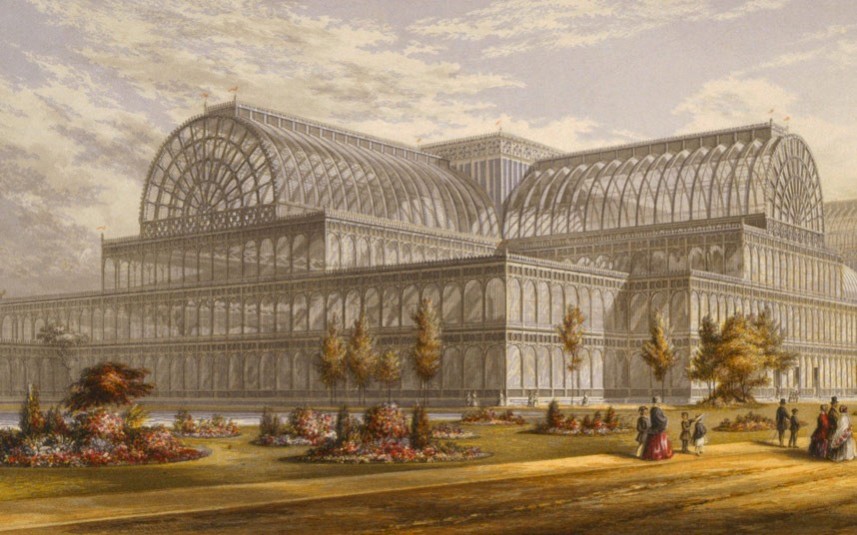J.S. Bach and Victorian progress in 1851
‘ “The man to succeed Handel”: Bach and Victorian Aspiration in 1851’. A talk for the Bach Festival, Royal College of Organists, London, December 2000

J.S. Bach's music was not old or 'early' in mid-19th-century England, it was virtually new - an exciting discovery for a few musicians, impossibly difficult and technical for many others. Patently un-English, even 'unsingable', it also raised feelings of near-terror in the millions of choral-singing Britons for whom Handel was a comforting national institution. This talk examines the theme of national progress surrounding the Great Exhibition in 1851, and one journalist's shrewd co-option of that idea to promote Bach and explain his musical importance.
Edward Holmes (1799-1859) was one of the most perceptive music critics of the century. He singled out Bach's choral music for advocacy in 1851 - notably the B-minor Mass 'Credo' and the Six Motets - because for him this music's recent English publication and performance represented the most significant step English music culture had taken in the year of the Great Exhibition.
In several essays for Fraser's Magazine that year, a monthly of major intellectual repute, Holmes presented Bach as embodying all the best mid-Victorian virtues besides heralding future possibility for English music standards. His challenge was positive, contemporary and provocative, raising curiosity about the new sound of Bach, and like the Exhibition itself, offering the very best foreign models as a stimulant to British industry and achievement.
'one of those invaluable contributions to one's background knowledge'
British Institute of Organ Studies Reporter
Download a pdf file of the talk here.
 Langley
Langley